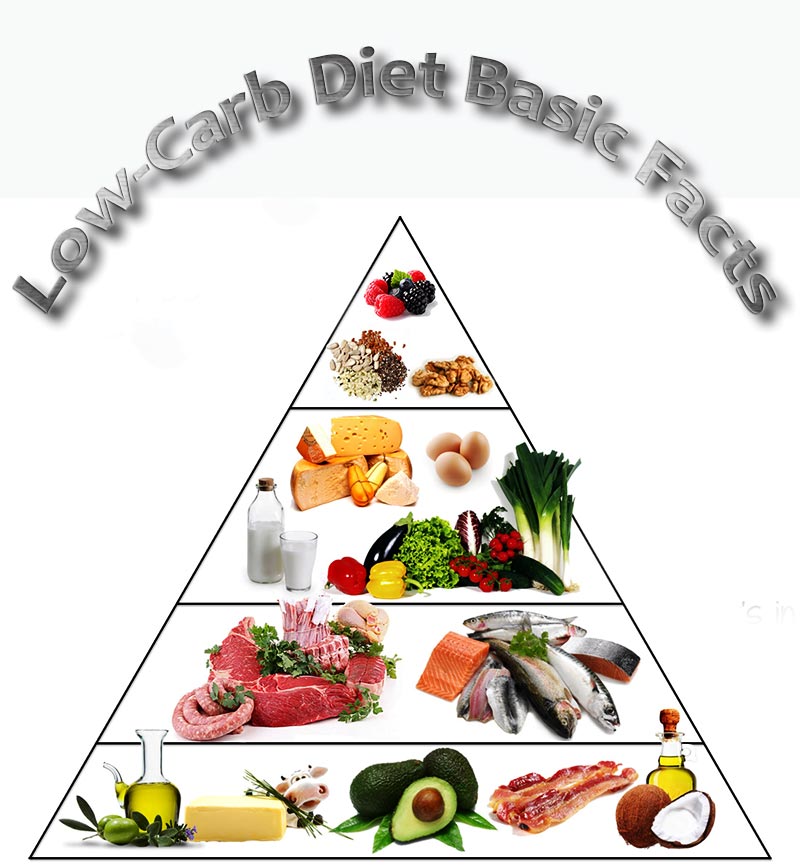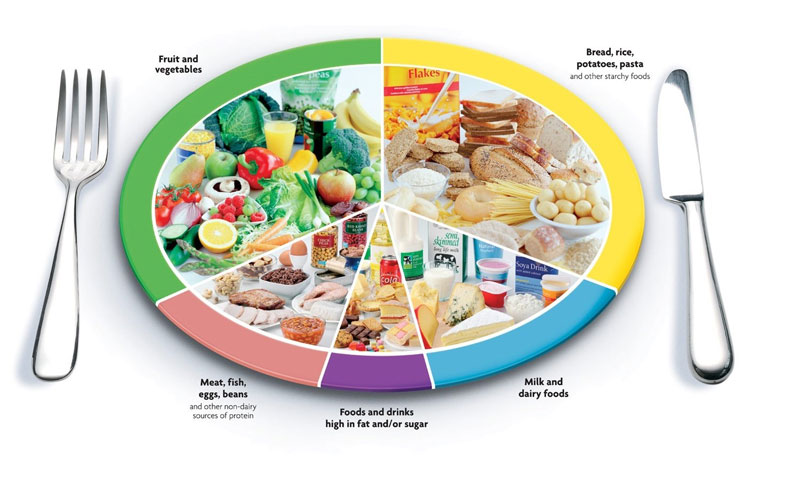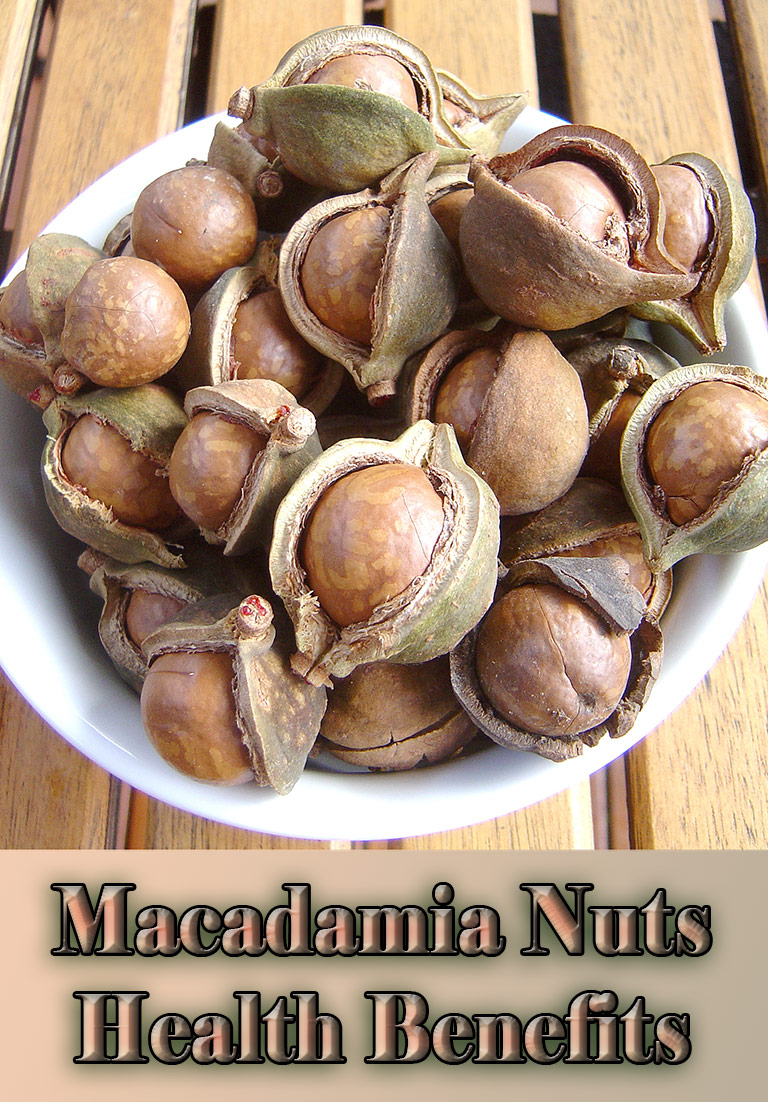
Here’s what you need to know about the low carb diet.
Definition of Low-Carb Diet
A low carb diet limits carbohydrates — such as those found in grains, starchy vegetables and fruit — and emphasizes foods high in protein and fat. Many types of low carb diets exist. Each diet has varying restrictions on the types and amounts of carbohydrates you can eat.
Purpose
A low-carb diet is generally used for losing weight. Some low carb diets may have health benefits beyond weight loss, such as reducing risk factors associated with diabetes and metabolic syndrome.
Why you might follow a low-carb diet
You might choose to follow a low carb diet because you:
- Want a diet that restricts certain carbs to help you lose weight
- Want to change your overall eating habits
- Enjoy the types and amounts of foods featured in low-carb diets
Check with your doctor or health care provider before starting any weight-loss diet, especially if you have any health conditions, such as diabetes or heart disease.
Diet details
As the name says, a low-carb diet restricts the type and amount of carbohydrates you eat. Carbohydrates are a type of calorie-providing macronutrient found in many foods and beverages. Many carbohydrates occur naturally in plant-based foods, such as grains. In natural form, carbohydrates can be thought of as complex and fibrous such as the carbohydrates found in whole grains and legumes, or they can be less complex such as those found in milk and fruit. Common sources of naturally occurring carbohydrates include:
- Grains
- Fruits
- Vegetables
- Milk
- Nuts
- Seeds
- Legumes (beans, lentils, peas)
Food manufacturers also add refined carbohydrates to processed foods in the form of flour or sugar. These are generally known as simple carbohydrates. Examples of foods that contain simple carbohydrates are white breads and pasta, cookies, cake, candy, and sugar-sweetened sodas and drinks. Your body uses carbohydrates as its main fuel source. Sugars and starches are broken down into simple sugars during digestion. They’re then absorbed into your bloodstream, where they’re known as blood sugar (glucose). Fiber-containing carbohydrates resist digestion, and although they have less effect on blood sugar, complex carbohydrates provide bulk and serve other body functions beyond fuel.
Rising levels of blood sugar trigger the body to release insulin. Insulin helps glucose enter your body’s cells. Some glucose is used by your body for energy, fueling all of your activities, whether it’s going for a jog or simply breathing. Extra glucose is usually stored in your liver, muscles and other cells for later use or is converted to fat.
The idea behind the low-carb diet is that decreasing carbs lower insulin levels, which causes the body to burn stored fat for energy and ultimately leads to weight loss.
Typical foods for a low-carb diet
In general, a low-carb diet focuses on proteins, including meat, poultry, fish and eggs, and some nonstarchy vegetables. A low carb diet generally excludes or limits most grains, legumes, fruits, breads, sweets, pastas and starchy vegetables, and sometimes nuts and seeds. Some low carb diet plans allow small amounts of certain fruits, vegetables and whole grains.
A daily limit of 60 to 130 grams of carbohydrates is typical with a low-carb diet. These amounts of carbohydrates provide 240 to 520 calories.
Some low-carb diets greatly restrict carbs during the initial phase of the diet and then gradually increase the number of allowed carbs. Very low-carb diets restrict carbohydrates to 60 grams or less a day. In contrast, the Dietary Guidelines for Americans recommend that carbohydrates make up 45 to 65 percent of your total daily calorie intake.
So if you consume 2,000 calories a day, you would need to eat between 900 and 1,300 calories a day from carbohydrates or between 225 and 325 grams of carbohydrates a day.

Results
Weight loss
Most people can lose weight on diet plans that restrict calories and what you can eat — at least in the short term. And low-carb diets, especially very low-carb diets, may lead to greater short-term weight loss than low-fat diets.
But most studies have found that at 12 or 24 months, the benefits of a low-carb diet are not very large. A 2014 review found that higher protein, low-carbohydrate diets may offer a slight advantage in terms of weight loss and loss of fat mass compared to a normal protein diet. At a year, the difference was only about a pound (about 0.4 kilograms), though, and those who had the greatest benefits stuck to the diet long term.
Cutting calories and carbs may not be the only reason for the weight loss. Some studies show that you may shed some weight because you eat less on low-carb diets because the extra protein and fat keep you feeling full longer.
Other health benefits
Low-carb diets may help prevent or improve serious health conditions, such as metabolic syndrome, diabetes, high blood pressure and cardiovascular disease. In fact, almost any diet that helps you shed excess weight can reduce or even reverse risk factors for cardiovascular disease and diabetes. Most weight-loss diets — not just low-carb diets — may improve blood cholesterol or blood sugar levels, at least temporarily.
Low-carb diets may improve HDL cholesterol and triglyceride values slightly more than do moderate-carb diets. That may not only be due to how many carbs you eat but also the quality of your other food choices. Lean protein (fish, poultry, legumes), healthy fats (monounsaturated and polyunsaturated) and unprocessed carbs — such as whole grains, legumes, vegetables, fruits and low-fat dairy products — are generally healthier choices.
A report from the American Heart Association, the American College of Cardiology and he Obesity Society concluded that there isn’t enough evidence to say whether most low-carbohydrate diets provide heart-healthy benefits.
Risks
If you suddenly and drastically cut carbs, you may experience a variety of temporary health effects, including:
- Headache
- Bad breath
- Weakness
- Fatigue
- Constipation or diarrhea
In addition, some diets restrict carbohydrate intake so much that in the long term they can result in vitamin or mineral deficiencies, bone loss, and gastrointestinal disturbances and may increase risks for various chronic diseases.
Severely restricting carbohydrates to less than 20 grams a day can result in a process called ketosis. Ketosis occurs when you don’t have enough sugar (glucose) for energy, so your body breaks down stored fat, causing ketones to build up in your body. Side effects from ketosis can include nausea, headache, mental and physical fatigue, and bad breath.
It’s not clear what kind of possible long-term health risks a low-carb diet may pose because most research studies have lasted less than a year. Some health experts believe that if you eat large amounts of fat and protein from animal sources your risk of heart disease or certain cancers may actually increase.





Leave a Reply